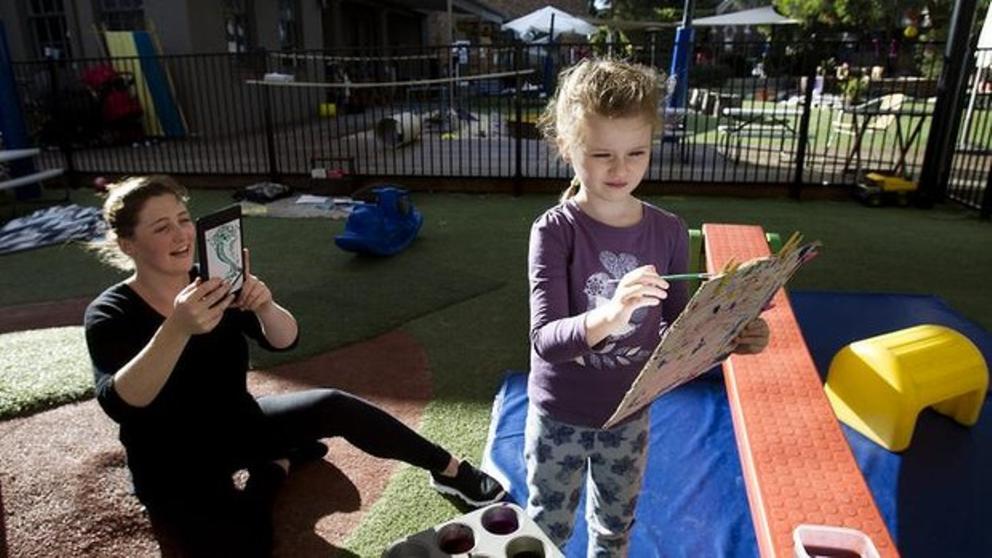Chinese companies using GPS tracking device smartwatches to monitor, alert street cleaners
Street cleaners in parts of China are reportedly being forced to wear GPS-tracking smartwatches so employers can monitor how hard they work, sparking public outrage and concern over increasing mass surveillance across the country.
If the smartwatch detects a worker standing still for over 20 minutes, it sounds an alarm. “Add oil, add oil [work harder, work harder!],” the wristbands’ alarm says, several cleaners from the eastern city of Nanjing told Jiangsu Television earlier this month.
The smartwatch not only tracks the cleaners’ locations but also reports their activity back to the company’s control room, where a big screen displays their locations as a cluster of red dots on a map.
“It knows everything,” an anonymous cleaner told a reporter in the Jiangsu Television report. “Supervisors will come if we don’t move after hearing the alarm.”
Following backlash, the company said it removed the alarm function from the smartwatch, but reports maintain the employees are still being required to wear the device so their location can be tracked.
The Chinese Government is already in the process of building a Social Credit System aimed at monitoring the behaviour of its 1.4 billion citizens with the help an extensive network of CCTV cameras and facial recognition technology.
Senior researcher for Human Rights Watch China Maya Wang said the use of surveillance technology by the Government was sending private companies a message that it was “okay to [monitor] people”.

